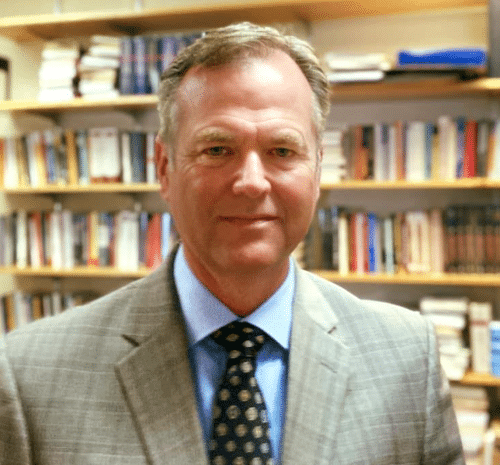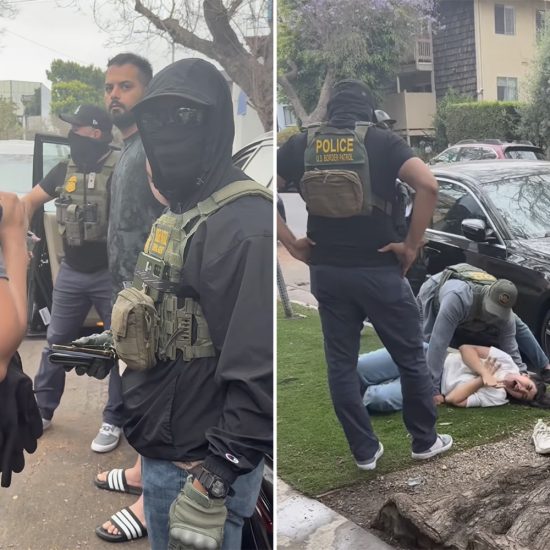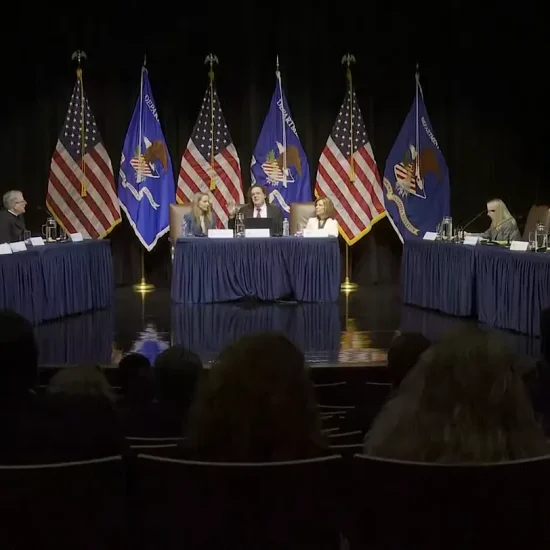
Democracy in the United States is in a world of hurt and Christians who treasure it must make crucial contributions to the healing process. This truth particularly applies to White Christians because self-identified White Christians also form the political base for the forces that aim to restrict democratic activity and social freedom. Our calling is both political and spiritual.

Greg Carey
We Christians who cherish democracy and civility, whether liberal or conservative, face a particular opportunity and challenge. For example, White evangelicals are the only major American religious group to believe it is more important to overcome political opponents than to overcome differences, according to sociologist Samuel Perry. If we want democracy to survive, heal, and thrive, we must play a part in healing the polarization that rots democracy’s foundations.
According to political scientists Steven Levitsky and Daniel Ziblatt, democracies weaken and fail when political leaders abandon toleration and forbearance. Toleration requires that we affirm one another’s legitimacy, even when we disagree sharply about important things. You may believe I’m wrong, but you assume that I want what’s best for our society just as you do. Forbearance involves the discipline to act within the norms that sustain goodwill and compromise. Signs of forbearance’s decline include radical gerrymandering, the refusal to grant presidential appointments, and obviously the cynical denial of election results.
Our leaders have failed us, and ordinary Americans feel the effects. Our most trusted institutions now face suspicion. Not long ago, most Americans basically trusted the Supreme Court. Since the Dobbs ruling on abortion, a “clear majority” does not. We don’t trust one other either. A Pew Research poll conducted just prior to the 2020 election showed that 89 percent of Democrats and 90 percent of Republicans expected “lasting harm” to the nation if the opposing candidate won. You probably feel the same way about 2022 and 2024.
Naturally, those of us who identify as liberal or progressive feel profound resentment toward family members, friends, and neighbors who support authoritarian leaders. If we’re old enough, we’ve been watching conservatives grow more and more radical since at least the 1990s, with the fusion of Rush Limbaugh rhetoric, Newt Gingrich politics, and Fox News media. I first wrote about the problem in 2012, and that seems like ages ago. Real experts confirm the impression: political radicalization is far more extreme on the political right, and it’s been going on for a long time. We should remember that conservatives who also love democracy may be just as alarmed as we are, even if they don’t share our analysis.
So what can we Christians do? Political leaders do not necessarily respond to citizens’ desires. Political primaries and the desires of donors lead many politicians to gravitate toward extreme positions. For that reason, there is no substitute for political victory. That means we must organize, often building coalitions across ideological boundaries. We must show up with our feet, our minds, and our money to support candidates who emphasize democracy and inclusion. At least for now, a politics that insists on ideological purity puts democracy in danger.
At the risk of sounding divisive, we must unite, we must win, and we must do so right now.

Element5 Digital / Unsplash
I am no expert on political strategy, but I do know that Christians never win by pursuing unethical practices. In the end, that kind of winning corrupts everything. We are seeing that among the Christians on the right. Once evangelicals believed that political leaders must be persons of good character. When Donald Trump came along, many gave up on that commitment. They bought into the politics of power and have corrupted their own movement. When the oh-so-Christian Ted Cruz launches into the politics of gendered pronouns by saying, “I’m Ted Cruz, and you can kiss my ass” and wins wild applause, you know Christians have lost their way. We cannot win by selling our souls. I believe Jesus said something like that.
Winning isn’t enough. Lots of Americans seem to be fine with authoritarianism. Many of them believe in their cause so deeply that they are willing to trade in democracy for political security. That number includes many Christians, likely people we know and with whom we feel tension. Therefore, even when we do win, the deep animosity that has brought our nation to this point will surface again and again.
That means we must do soul work. We cannot tolerate anti-democratic politics as legitimate. But we must treat people as legitimate. As followers of Jesus, who dined with tax collectors, that is our only path. We must demonstrate empathy and compassion. We must build, sustain, and nurture relationships. It’s okay to set boundaries: we don’t have to listen to nonsense, especially evil nonsense, but we do have to listen to people.
Change usually happens through relationships. Almost never do logical arguments influence deep persuasion. The divide runs deep. We hear countless stories about people who become radicalized through the right-wing media ecology. A 15-minute sample of Fox News will show why. The programming is designed to make people fearful, resentful, and contemptuous — and that’s the mild stuff. Relationships are the only way out of that loop.
To be clear, not all Christians are obligated to this ministry. For example, we White Christians should not ask Black, Latino, and Asian-American Christians to fix our messes for the rest of us. Nor should we expect people enmeshed in harmful family and other relationships to submit to abuse.
Our task is as much spiritual as it is political. The nation’s greatest challenges require that we heal our disunity. We cannot mitigate the harms of climate change and inequality without building a willingness to collaborate, a sense that our prosperity and freedom depend on one another, and an awareness that dire threats require concerted action. Our broken response to COVID-19 has proven these things. We may feel anger, resentment, and disappointment toward our family, friends, and neighbors. Nevertheless, if reconciliation resides at the heart of the gospel, our calling is clear.
Greg Carey is Professor of New Testament at Lancaster Theological Seminary. His books include Using Our Outside Voice: Public Biblical Interpretation and Faithful and True: A Study Guide to the Book of Revelation.






